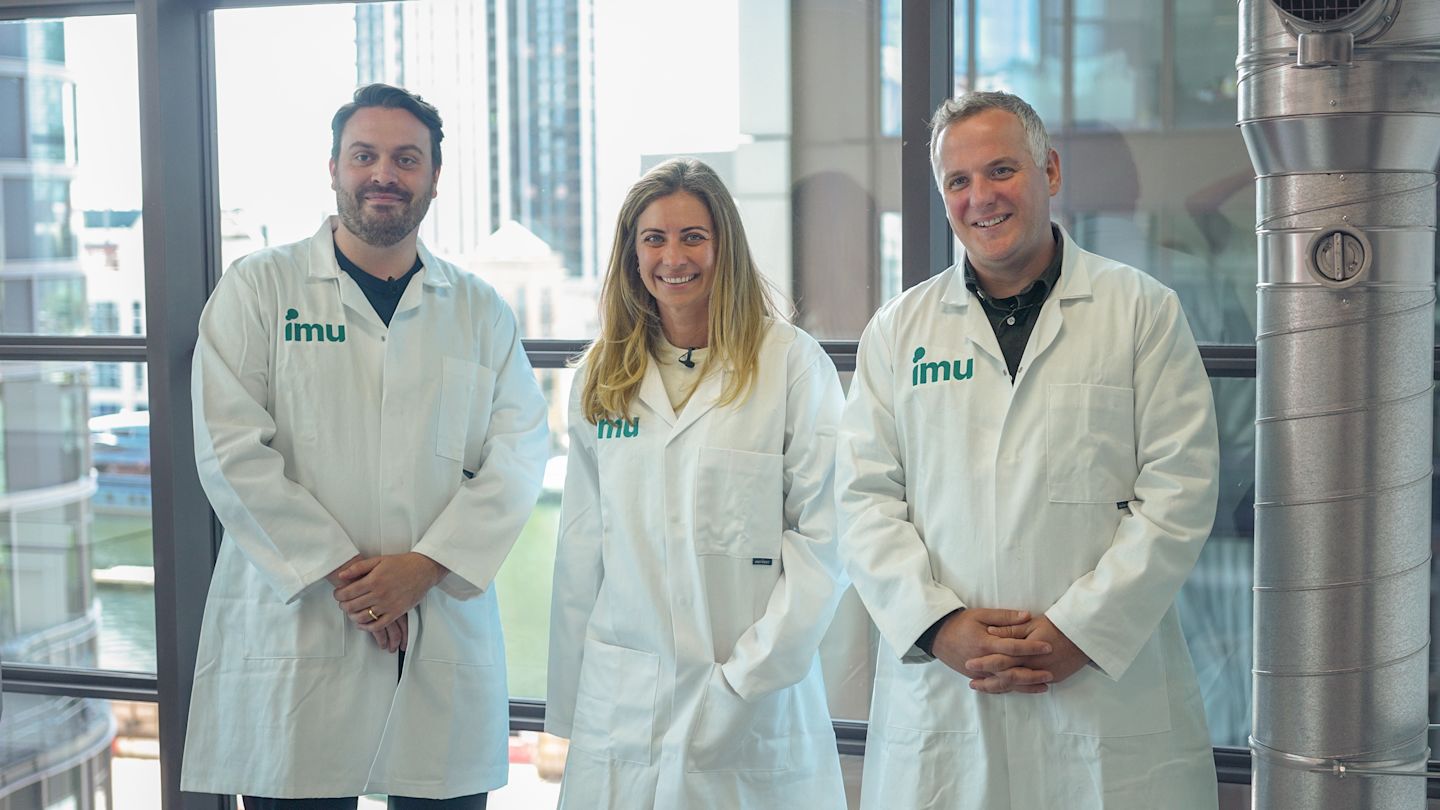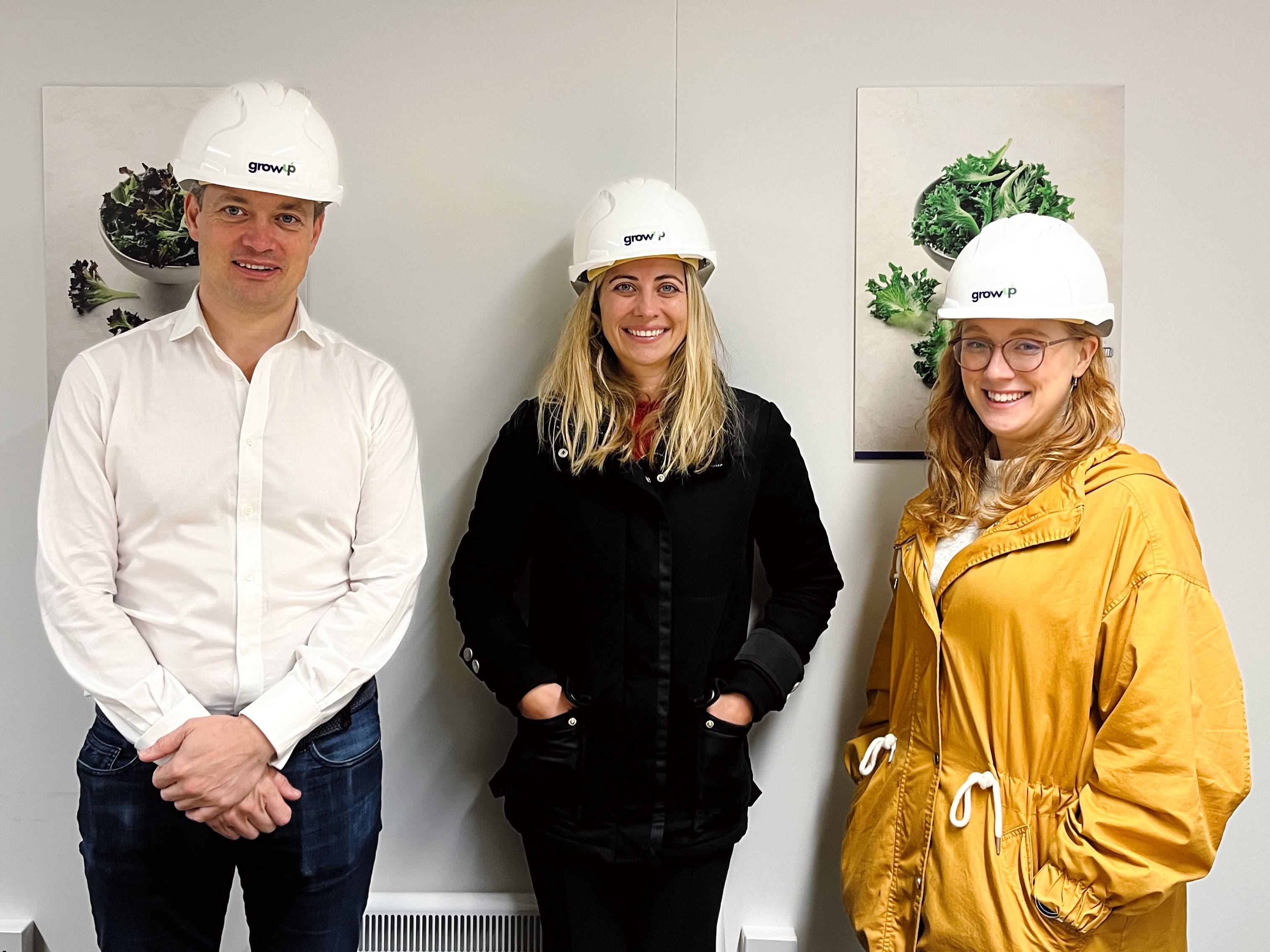Investing with Purpose: How IMU Biosciences is using AI to revolutionise our understanding of the immune system
The immune system is the most powerful system in human biology and is fundamentally involved in all aspects of health. Understanding how it works on an individual level could save millions of lives. That is the mission of the team at IMU Biosciences, making it one of the most exciting and innovative companies I’ve invested in.
In simple terms, IMU’s healthcare experts, immunologists, technologists, and researchers are using AI and machine learning to build the world’s largest immune dataset. This allows them to map the immune system in unprecedented detail and scale. The discovery platform is based on 10 years of research coming out of King's College London. This allows them to map the immune system in unprecedented detail and scale.
Beyond being rooted in innovation, the work is also built on purpose. The team believes that no medical decisions in the future will be made without understanding the patient's immune system, and this is what drives them day in and day out. I trained as a doctor before working at Virgin as Chief Purpose and Vision Officer, so this mission makes me incredibly excited.
To learn more about the science, the technology and the purpose that drives it all, I headed to East London to visit IMU’s lab and meet the co-founders who are driving it all forward. Dr. Adam Laing and Dr. Tom Hayday turned out to be the most articulate scientists I’ve ever met!
Before our interview, I was thinking about how we hear about the immune system a lot, but do we really understand its complexity (second only to the brain). When I asked Adam and Tom about this, Adam nodded and explained: “There is an enormous gap to being able to understand a person’s or a patient’s immune system. We have a really good understanding of how the immune system works in a textbook, but we don’t know how it works in you or I. That gap is simply a lack of data.”
To address this, the technology developed by IMU Biosciences uses AI and machine learning to map out an individual’s immune system in incredible detail. Indeed, the technology can measure 80 million data points from a single blood sample, and they can do it on thousands of samples every week.
So, what is the real-world impact of being able to measure and understand our immune systems at such detail and scale? Adam and Tom gave me three life-changing (and saving) examples:
Cancer immunotherapy: Being able to effectively target the immune system to help fight against a tumour could change everything. As Tom explained: “Only about 20% of people currently respond to these drugs in any meaningful way.” Only by having a comprehensive understanding of the person’s immune system can we understand how the patient will respond to the treatment. This understanding allows for the precise selection of drugs based on the individual's unique biological profile.
Organ transplantation: Following an organ transplantation, the patient’s immune system will eventually recognise it as foreign. The immune system will then attack the organ in a process called transplant rejection. Understanding the immune system on a deeper level would allow doctors to intervene much more effectively and preserve the function of the organ to lengthen the patient’s lifespan and quality of life.
Stem cell transplantation: Like the above, having a detailed understanding of the immune system allows for the selection of stem cell transplants that are best suited to each patient. This will optimise treatment outcomes and decrease the chance of the patient developing Graft Vs Host disease, which occurs in about one third of patients when the donated stem cells (or bone marrow) attack the patient’s existing cells, which can have lethal repercussions.
By providing such personalised results, the science is also addressing the biases (gender, race etc) that typically occur in drug development and research. I was also fascinated to learn how this technology can be applied to prevent or minimise the impact of future global pandemics. In the case of COVID-19 for example, the technology could have provided an understanding of what a good immune response to the virus looks like, so scientists and healthcare professionals could better grasp what would be required to face up to it. Amazing.
Thank you so much to Adam and Tom for walking me through this incredibly innovative, purpose-driven, and life-saving science. And thank you to the entire team at IMU Biosciences for driving this next generation of precision medicine.





